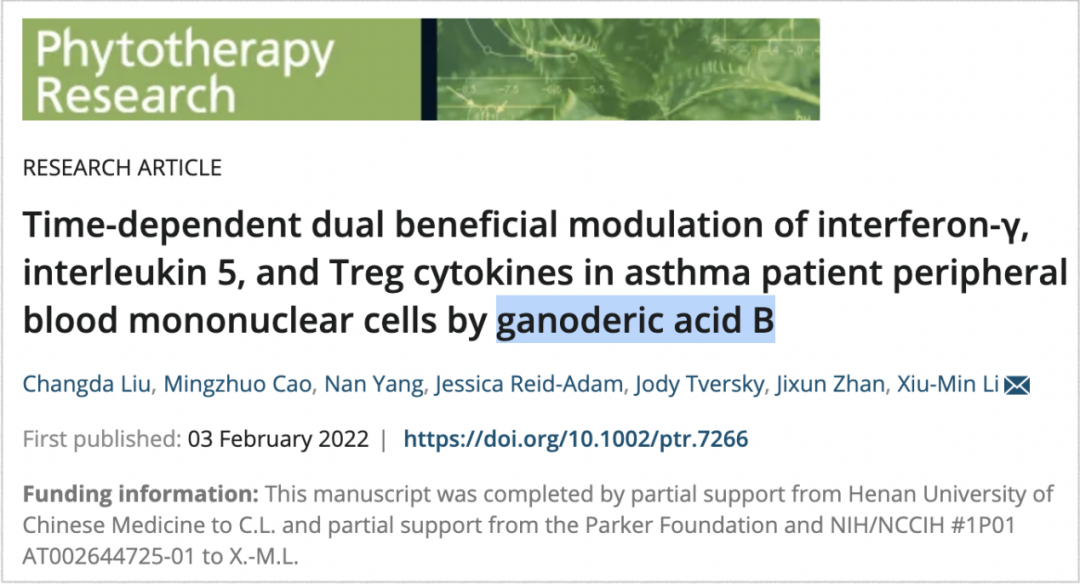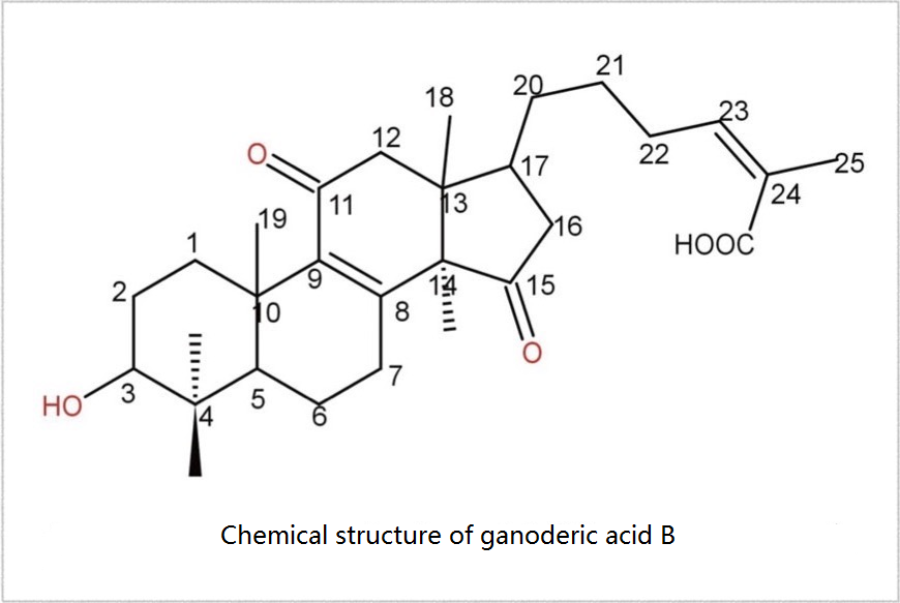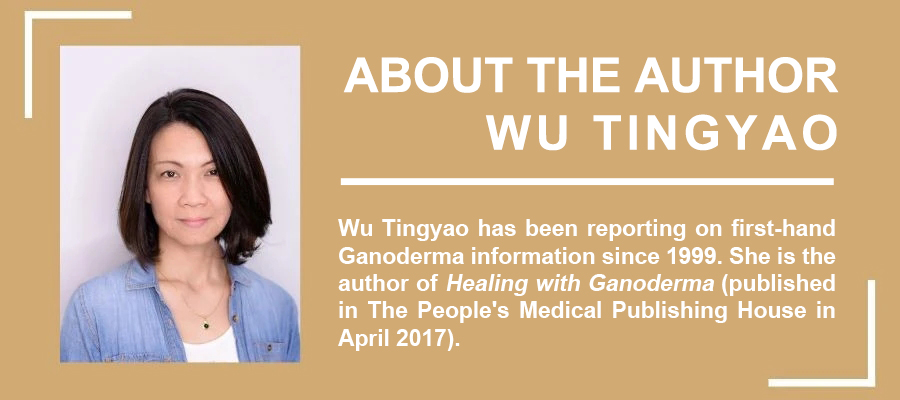
Why do people have allergies?
Whether the human body will have an allergic reaction when encountering an allergen depends entirely on whether the T cell army that dominates the immune response in the body is Th1 or Th2 (type 1 or type 2 helper T cells).
If T cells are dominated by Th1 (expressed as a large number and high activity of Th1), the body will not be affected by allergens, because the task of Th1 is anti-virus, anti-bacteria and anti-tumor; if T cells are dominated by Th2, the body will regard the allergen as a harmful dissident and go to war with it, which is the so-called “allergic constitution”. People with allergies, in addition to the immune response being dominated by Th2, are usually accompanied by the problem that Treg (regulatory T cells) are too weak. Treg is another subset of T cells, which is the brake mechanism of the immune system to end the inflammatory response. When it cannot function normally, the allergic reaction will be stronger and last longer.
Anti-allergic possibility
Fortunately, the relationship between the strength of these three T cell subsets is not static but will be adjusted with external stimuli or physiological changes. Therefore, an active ingredient that can inhibit Th2 or increase Th1 and Treg is often considered to have the potential to adjust allergic constitution and alleviate allergic reactions.
A report published in Phytotherapy Research by Professor Li Xiumin, School of Pharmacy, Henan University of Traditional Chinese Medicine, and researchers from several American academic institutions, including New York Medical College and Johns Hopkins University Asthma and Allergy Center, in March 2022 pointed out that one of the single components of Ganoderma lucidum triterpenoids, ganoderic acid B, has the above-mentioned anti-allergic potential.

Antiallergic effect of ganoderic acid B
The researchers extracted immune cells including T cells from the blood of 10 patients with allergic asthma, and then stimulated them with the patients’ own allergens (dust mite, cat hair, cockroach or hogweed), and found that if ganoderic acid B (at a dose of 40 μg/mL) acted together during a 6-day period when immune cells were exposed to the allergen:
①The number of Th1 and Treg will increase, and the number of Th2 will decrease;
② The cytokine IL-5 (interleukin 5) secreted by Th2 to induce inflammatory (allergic) reactions will be reduced by 60% to 70%;
③The cytokine IL-10 (interleukin 10), which is secreted by Treg to regulate the inflammatory response, will increase from a single digit level or tens digit level to 500-700 pg/mL;
④ The secretion of Interferon-gamma (IFN-γ), which is helpful to Th1 differentiation but unfavorable to the development of Th2, is faster, thereby reversing the direction of immune response early.
⑤Further analysis of the source of interferon-gamma increased by ganoderic acid B found that interferon-gamma does not come from Th1 (regardless of whether ganoderic acid B is involved or not, there is very little interferon-gamma secreted by Th1) but from the killer T cells and natural killer cells (NK cells). This shows that ganoderic acid B can mobilize other immune cells that are not so related to allergic reactions to join the ranks of anti-allergic force.
In addition, the research team also replaced ganoderic acid B with a steroid (10 μM dexamethasone) to observe its effect on the immune cells of asthmatic patients in the face of allergens. As a result, the number of Th1, Th2 or Treg and the concentration of IL-5, IL-10 or interferon-γ were reduced from the beginning to the end of the experiment.
In other words, the anti-allergic effect of steroids comes from the overall suppression of the immune response while the anti-allergic effect of ganoderic acid B is simply anti-allergic and does not affect the anti-infection and anti-tumor immunity.
Therefore, ganoderic acid B is not another steroid. It can regulate allergic reactions without destroying normal immunity, which is its valuable feature.
Appendix: Physiological Activity of Ganoderic Acid B
Ganoderic acid B is one of the Ganoderma lucidum triterpenoids (the other is ganoderic acid A) discovered in 1982, when its identity was only “the source of bitterness of Ganoderma lucidum fruiting bodies”. Later, under the relay exploration of scientists from various countries, it was found that ganoderic acid B also has many physiological activities, including:
➤Reducing blood pressure/inhibiting angiotensin-converting enzyme (1986, 2015)
➤Inhibition of cholesterol synthesis (1989)
➤Analgesia (1997)
➤Anti-AIDS/Inhibition of HIV-1 protease (1998)
➤Anti-prostatic hypertrophy/Competing with androgens for receptors on the prostate (2010)
➤Anti-diabetic/Inhibition of α-glucosidase activity (2013)
➤Anti-liver cancer/Killing multidrug-resistant human liver cancer cells (2015)
➤Anti-Epstein-Barr virus / inhibition of nasopharyngeal carcinoma-associated human herpes virus activity (2017)
➤Anti-pneumonia / Alleviating acute lung injury through antioxidant and anti-inflammatory effects (2020)
➤Anti-allergy/Regulating the immune response of T cells to allergens (2022)
[Source] Changda Liu, et al. Time-dependent dual beneficial modulation of interferon-γ, interleukin 5, and Treg cytokines in asthma patient peripheral blood mononuclear cells by ganoderic acid B. Phytother Res. 2022 Mar; 36(3): 1231-1240.
END

★ This article is published under the exclusive authorization of the author, and its ownership belongs to GanoHerb.
★ The above work cannot be reproduced, excerpted or used in other ways without the authorization of GanoHerb.
★ If the work is authorized for use, it should be used within the scope of authorization and indicate the source: GanoHerb.
★ For any violation of the above statement, GanoHerb will pursue the related legal responsibilities.
★ The original text of this article was written in Chinese by Wu Tingyao and translated into English by Alfred Liu. If there is any discrepancy between the translation (English) and the original (Chinese), the original Chinese shall prevail. If readers have any questions, please contact the original author, Ms. Wu Tingyao.



